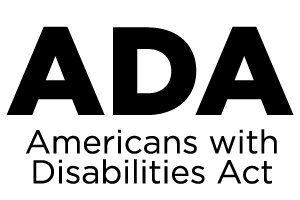Closely Related Small Businesses May Be Integrated to Secure ADA Coverage

As you may or may not know, companies with fewer than 15 employees are not covered by anti-discrimination laws, including the Americans with Disabilities Act (“ADA”). However, a recent court decision established that “integrated enterprises” (i.e., closely related small businesses) may be combined to secure ADA coverage.
Under what is known as the “integrated enterprise doctrine,” an employee can take legal action if they can show that their employer is “so interconnected with another employer that the two form an integrated enterprise” and, the integrated enterprise has at least the threshold number of employees to qualify for coverage from anti-discrimination law (i.e., 15 under the ADA). In making the determination as to whether two businesses can be considered one for ADA coverage, the court will whether the businesses have the same management team and whether the businesses have the same ownership, among other factors.
In a recent case out of California, an employee alleged that her employer, a law firm, was part of an integrated enterprise with another law firm. Evidence to support her claim included: a shared website, shared toll-free number, employees of both firms used the same email template footer which included the names of both firms, and even a shared IRS taxpayer ID number. Moreover, the same two attorneys own both firms. This was enough for the Court to hold that a jury could find the firms were an integrated enterprise and therefore, could be held liable for violations of the ADA.
This decision is important for owners of multiple small businesses as it is now possible for them to be combined for purposes of triggering coverage under federal anti-discrimination laws. Owners should note how closely related their businesses are and how this could impact their potential vulnerability to anti-discrimination lawsuits.
For more information on the ADA, or any other labor or employment law matter, please contact the attorneys at The Royal Law Firm LLP; (413) 586-2288. We know business matters!







